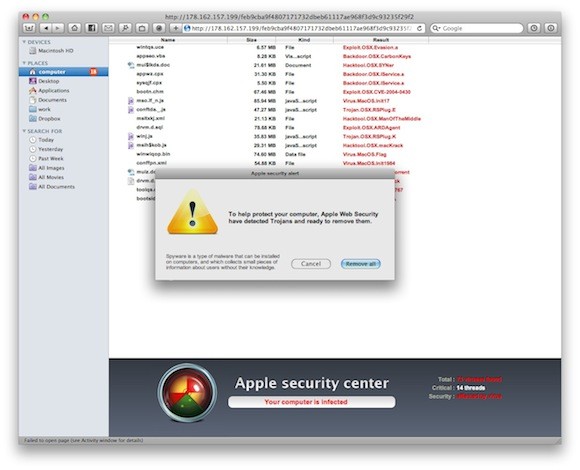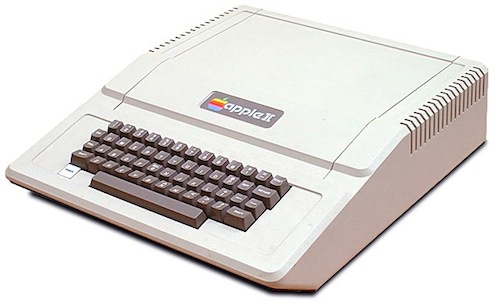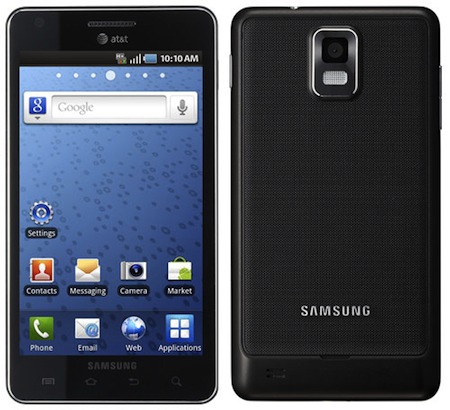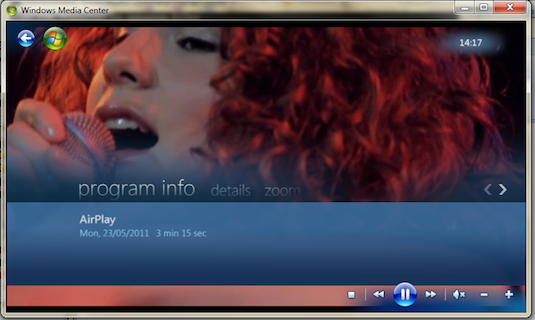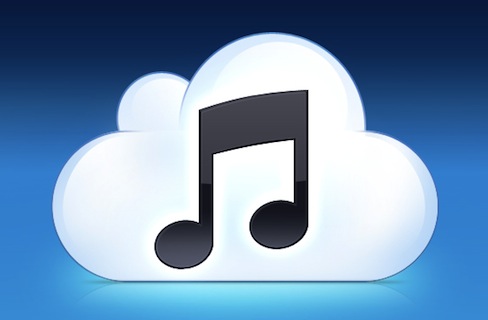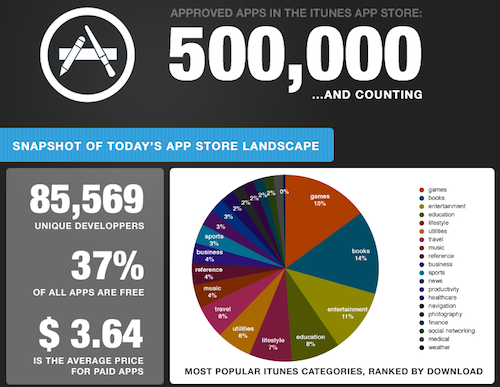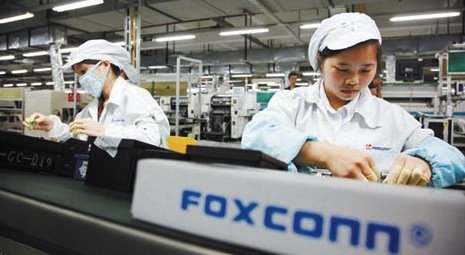Last Friday, a bunch of ex-Apple employees launched Hype, an HTML5 animation builder for OS X. The application aims to let users easily build interactive sites that rival those built with Flash. Already the idea and the implementation has proved successful amongst consumers, with the app currently ranking as the highest grossing app on the Mac App Store. The Startup Foundry met with one of the cofounders, Jonathan Deutsch, and picked his brain on a number of questions surrounding Hype.
Deutsch worked at Apple primarily as the engineering manager for the back-end of Mail.app on OS X but also dabbled in software updates, automation technology, preparing Steve Jobs’ keynotes and various other engineering projects. The other co-founder, Ryan Nielsen was a senior member of the Mac OS X Project management team – central in the development of major OS X releases. Asked why Deutsch would leave a safe job at Apple to build a start-up, he said that he has always wanted to have his own company and wanted to be part of the new HTML5 wave hitting the web.
I was faced with the decision of continuing to work with the great people on my team on a clearly high impact project, living with the “what if” syndrome, or trying to forge my own path. ”Regret Minimization” is what should win out in life, so it did.
The idea for Hype came after Deutsch returned from a holiday in Europe and wanted to make a website sharing some of the photos he took. Yet coding it with HTML5 would have been a nightmare and he thought there must be a better way. “It stuck with me and eventually I realized this was going to be a great opportunity for a business”.
Deutsch says that Apple’s condemnation of Flash wasn’t really a part of his decision-making, rather it was Apple’s efforts at driving the web forward that played a larger role. He praises WebKit as a great project that whilst initially controversial, has driven innovation in web browsers, particularly on mobile devices that almost exclusively use WebKit.
You can download Hype in the Mac App Store for $29.99.
[Via The Startup Foundry]



